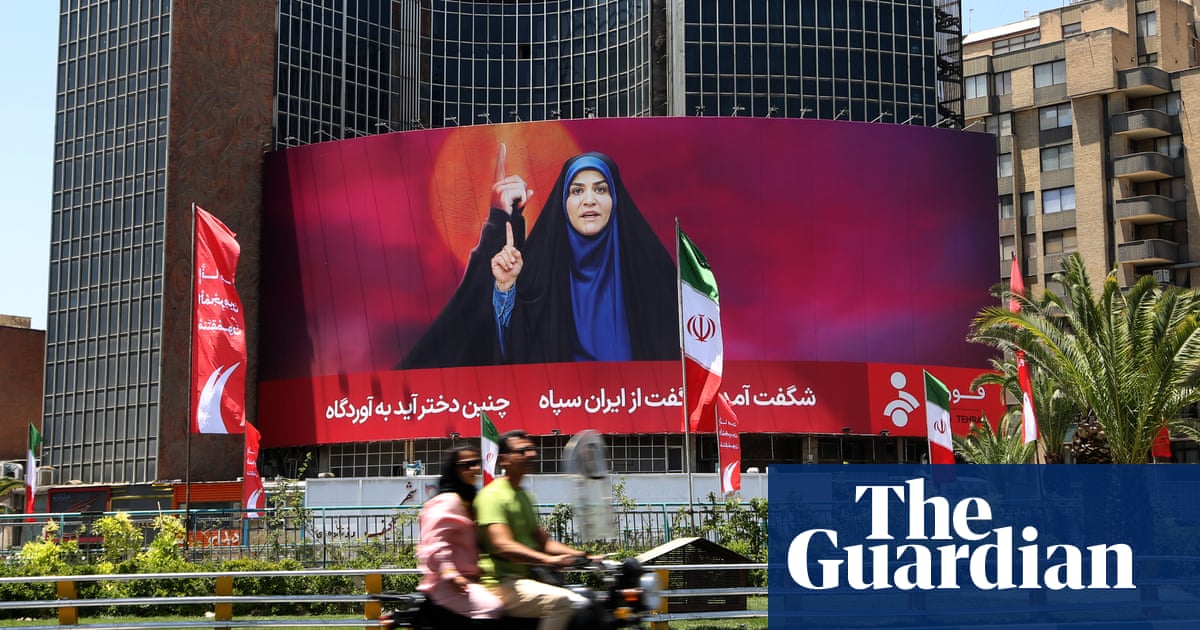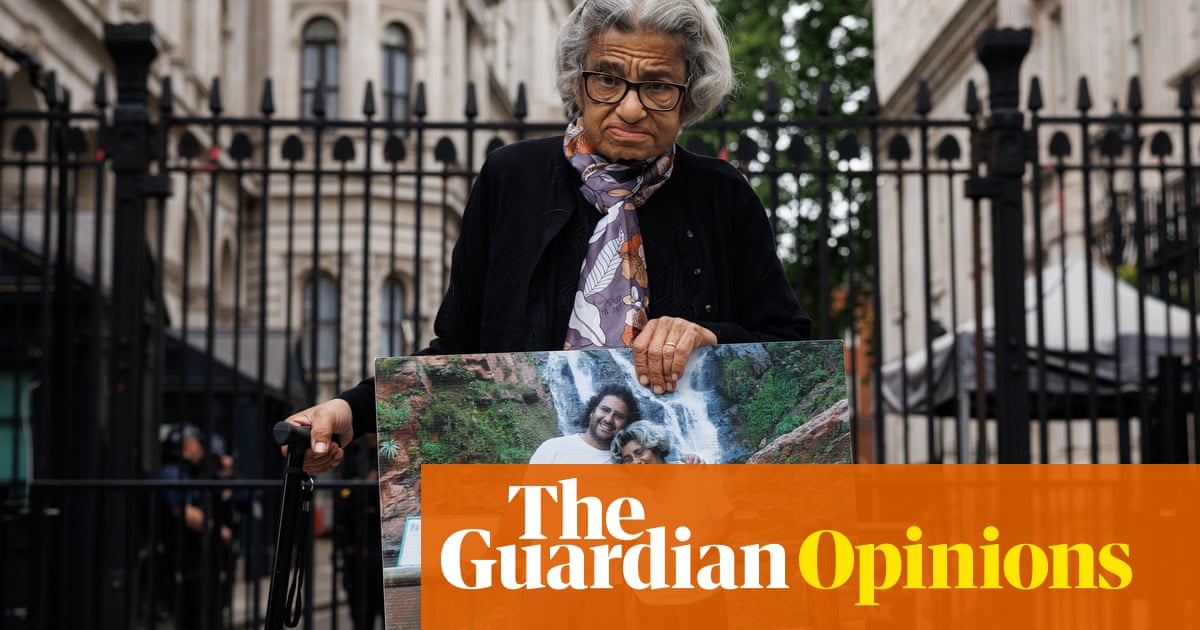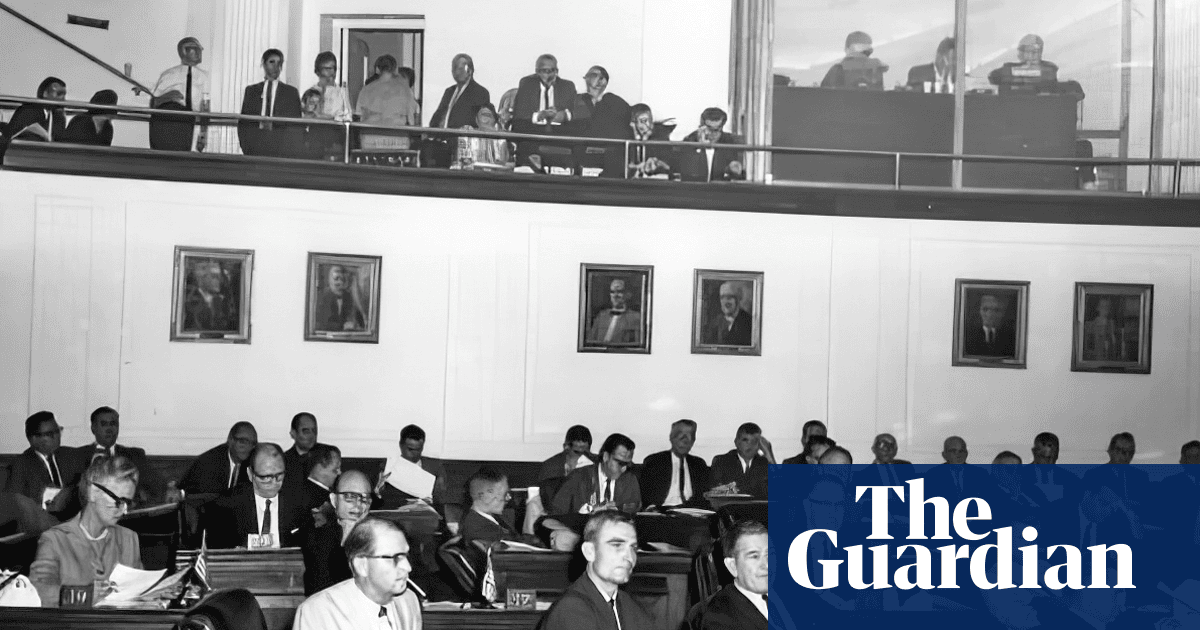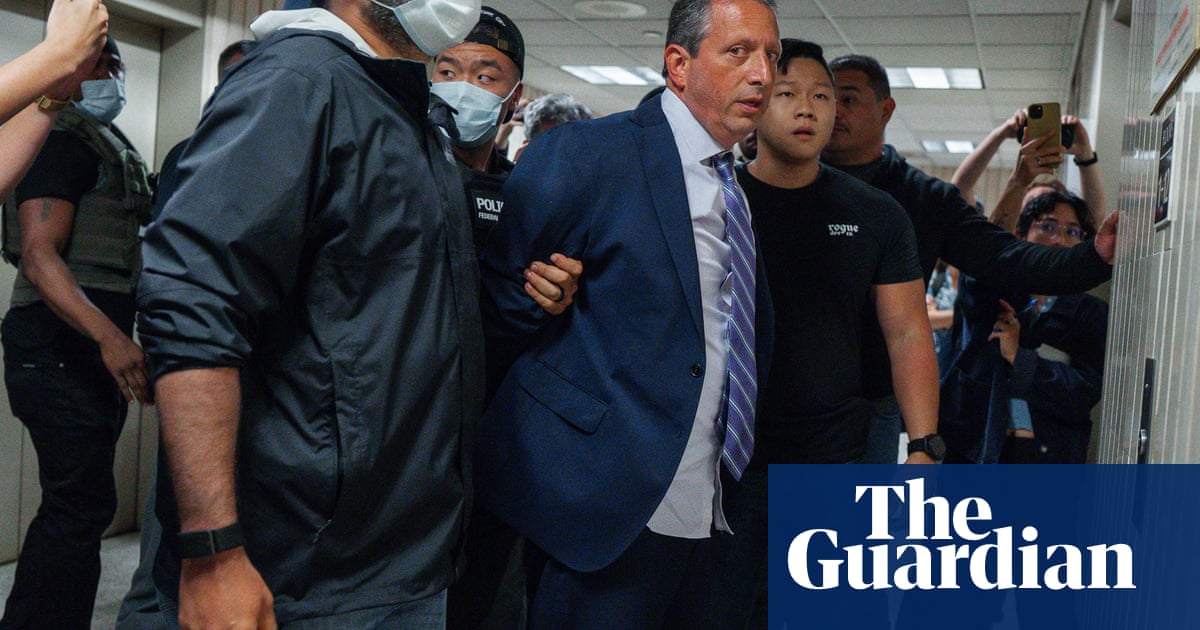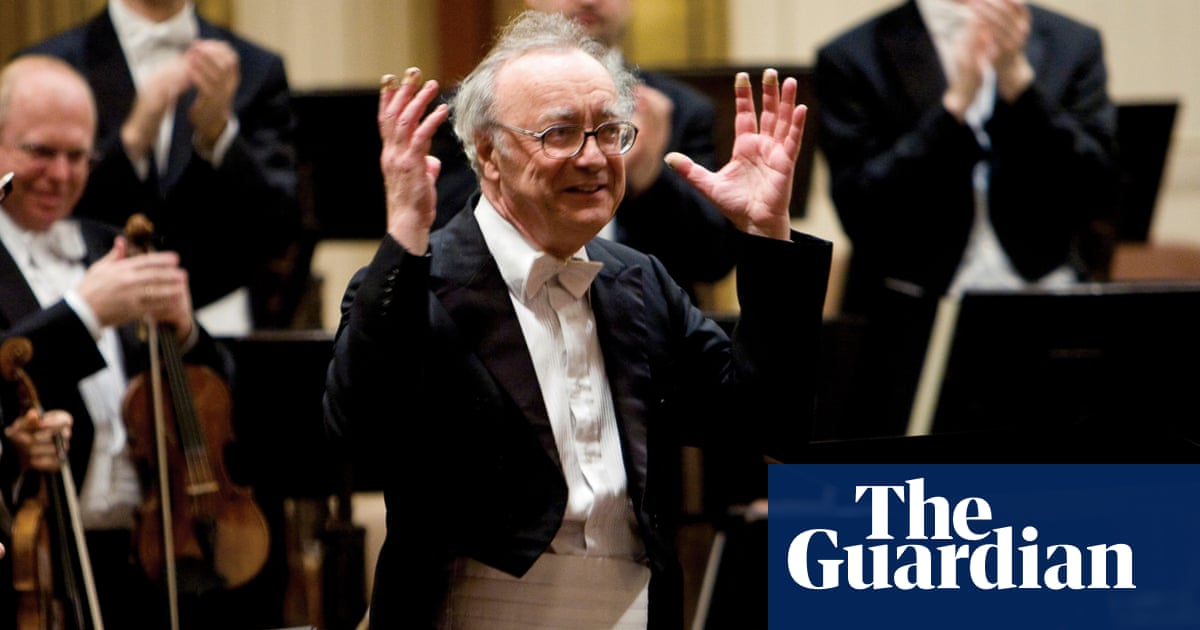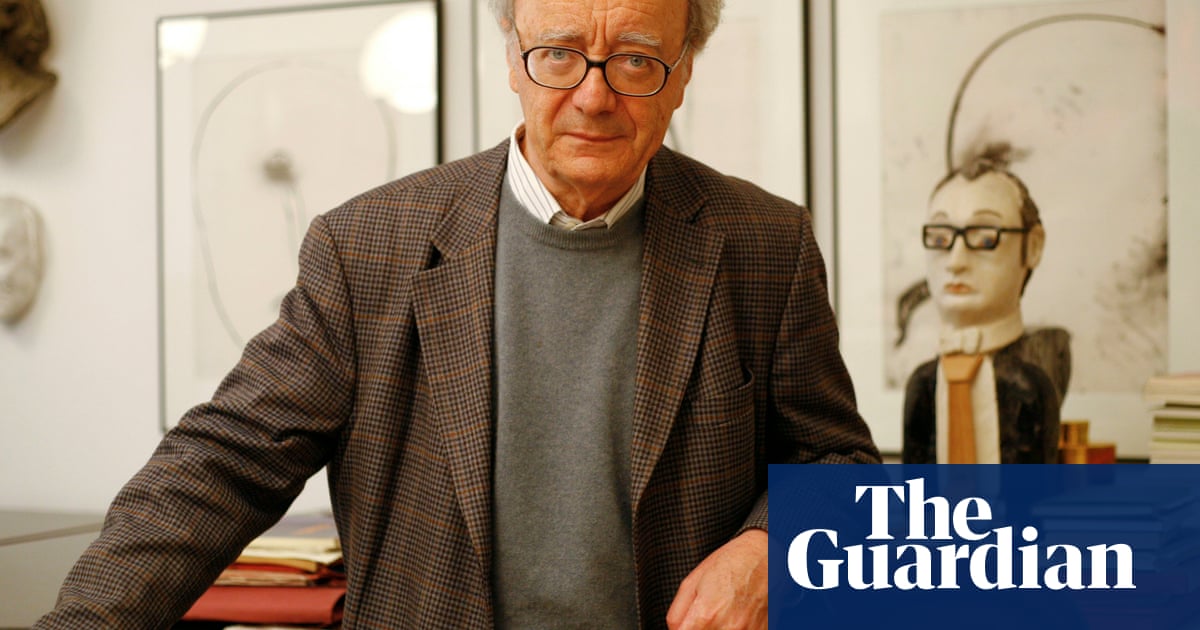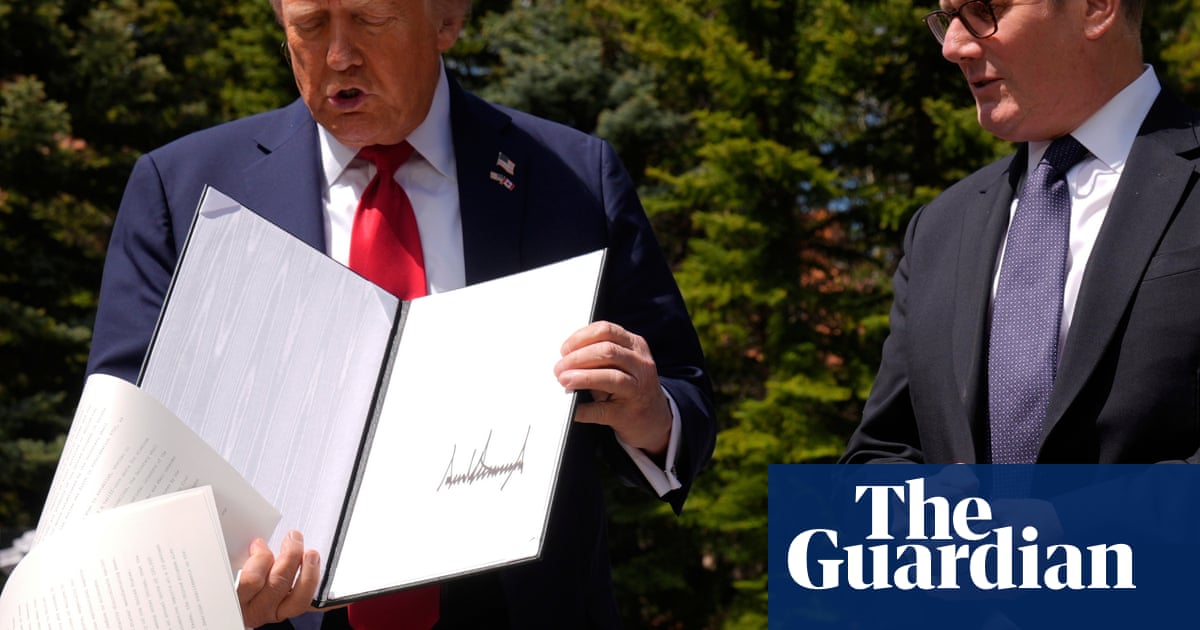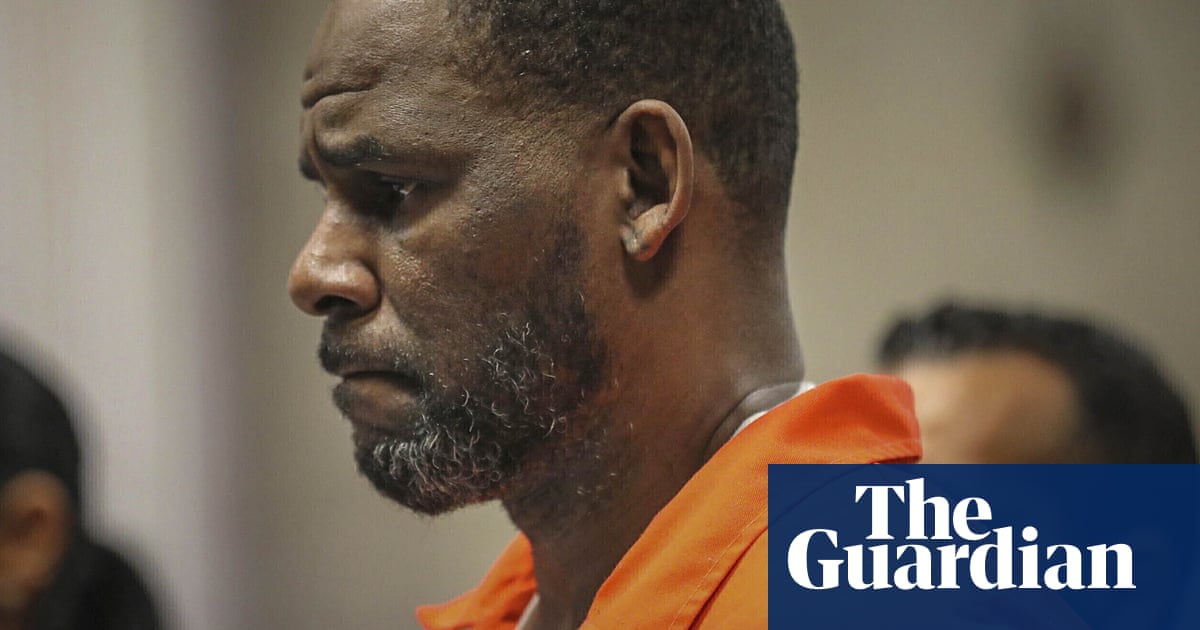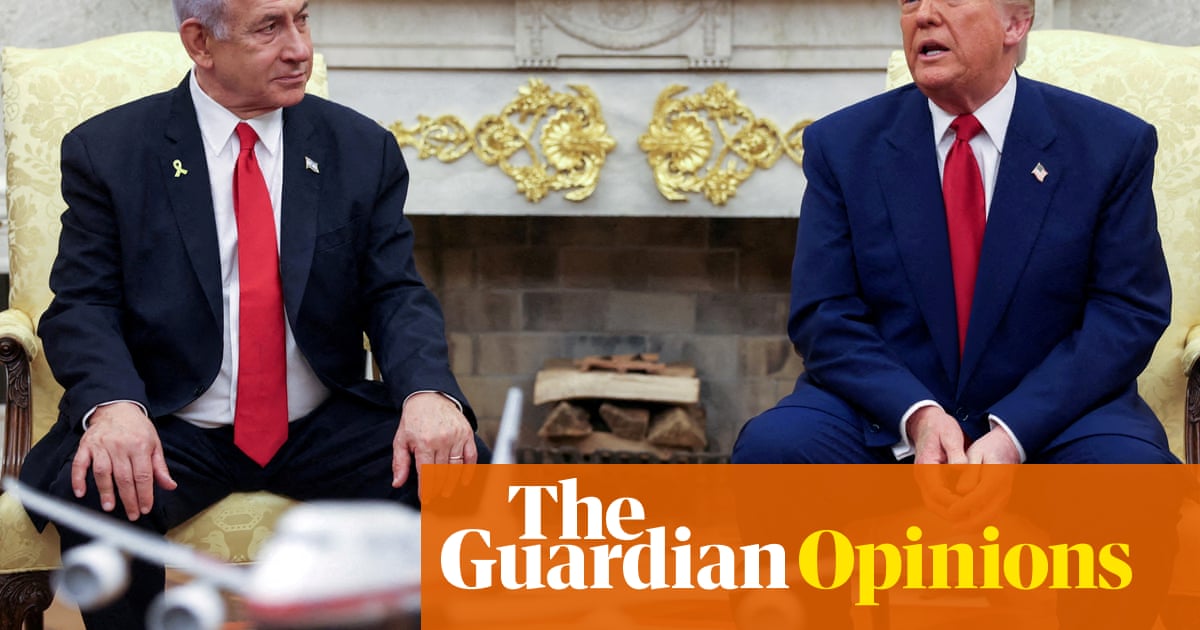On the facade of the building that once housed Chorlton-on-Medlock Town Hall in Manchester sits a plaque commemorating a turning point in the push for African independence. The fifth Pan-African Congress in October 1945 was attended by future global leaders as well as activists and scholars from across Africa and its diaspora. But despite the event’s international importance, it has been largely overlooked by mainstream British history. Now a biting new play is set to remedy this.
“I think a lot of Mancunians don’t know it happened,” says playwright Ntombizodwa Nyoni, who lectures in the same building, now part of Manchester Metropolitan University. “But it’s like: you’re part of such a phenomenal moment in history.” Eighty years later, her dramatisation of the event, Liberation, is about to receive its world premiere at Manchester international festival.
“Quite early on, I was interested in how leaders are made,” Nyoni explains when we meet, post-rehearsal. She started working on Liberation in 2019, spending the first year and a half “getting to know” the 200 delegates through extensive reading and tracing their individual timelines. Then came the task of bringing the attendees to life, showing the people behind their legacies. “I think we have this idea around activists … that they are these extraordinary people. But actually they were all normal people who did extraordinary things,” she says.
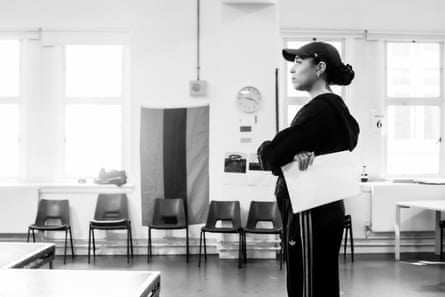
Nyoni set out to write a play that dug underneath the scant history already available, and focused on the social dynamics between the delegates and the sacrifices they’d have to make to bring about global change. The play zooms in on the attendees’ specific motivations. The congress organiser, George Padmore, is reckoning with his mortality as he considers whom to pass the baton on to, while Jamaican social worker Alma La Badie sometimes feels “like she’s a footnote in history”. “I was looking for who the person is. Because just summarising them through their actions doesn’t tell the full story,” Nyoni explains.
The death of George Floyd in May 2020 was, she says, “a pivotal moment” for her writing. “Even in the midst of a pandemic, we were seeing brutality on Black bodies,” she says. “By struggling with my own sense of hope and hopelessness, it made me look at the play very differently.” Liberation morphed into a piece about “survival”, and the cost of activism on “your mental health, your spirituality and your physical health”.
“I knew the 80th anniversary was coming,” Nyoni continues, “and I was thinking, ‘OK, actually, how much of what they were talking about at the congress has changed?’” Liberation bridges the gap between past and present by drawing parallels between the anticolonial struggles of the 1940s, the ongoing fight against systemic racism, and the psychological toll of activism today.
Staged at the in-the-round Royal Exchange theatre, director Monique Touko’s production pulls the audience of 2025 into the drama, making them feel like “delegates, active in the conversation”. “We are rebranding Congress. The vision hasn’t been actualised, so we have to go again,” Touko says. She hopes audiences will leave feeling “charged”. “We want history to feel relatable and not so distant. That it still exists in the everyday,” adds Nyoni.
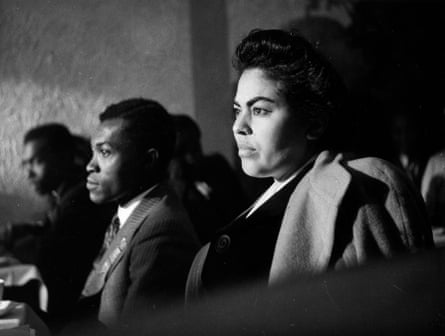
The writer-director duo see Liberation as a form of activism in itself. “As a writer, this is my activism,” Nyoni says. “I want people to participate in the conversation, and figure out: ‘What is yours?’” The play paints the fight for change as “a marathon” that continues from one generation to the next. “So much of what they were asking for hasn’t come into fruition,” Nyoni continues. “The characters end up doing more than speaking to where they were in 1945 … they are speaking to where we’re at today: it is an ongoing conversation.”
Sonically, the play draws on then and now, too. Ife Ogunjobi, from the Brit award-winning Ezra Collective, composed a score directly from Nyoni’s own writing playlist, which had music “from across Africa, the Caribbean and across Europe” up until the end of 1945. “Ife took all of that, and he did a beautiful thing with the new and old and fused the worlds together,” says Nyoni. He joins a creative team including choreographer Kloe Dean, who has worked with Little Simz, and costume designer Sunny Dolat. “A lot of people have come from outside theatre … it brings a new energy,” Touko says.
The significance of Liberation being staged in Manchester on this anniversary feels deeply meaningful – although Touko is careful to credit the grassroots organisations that have previously worked to commemorate the congress in the city. But it is clear that for Nyoni, the play existed before she even wrote it, in Manchester’s very air. When she walks through the old Chorlton Town Hall building she says she feels “the ghosts of people walking around” her. “It is engraved in stone,” Nyoni says.

 5 hours ago
3
5 hours ago
3
